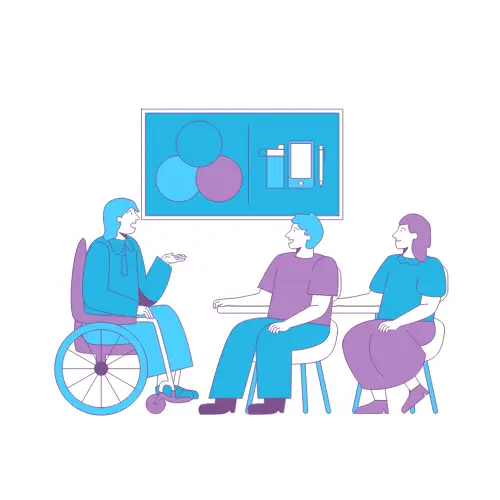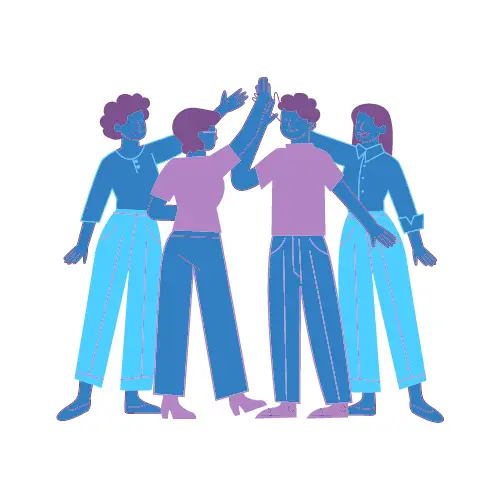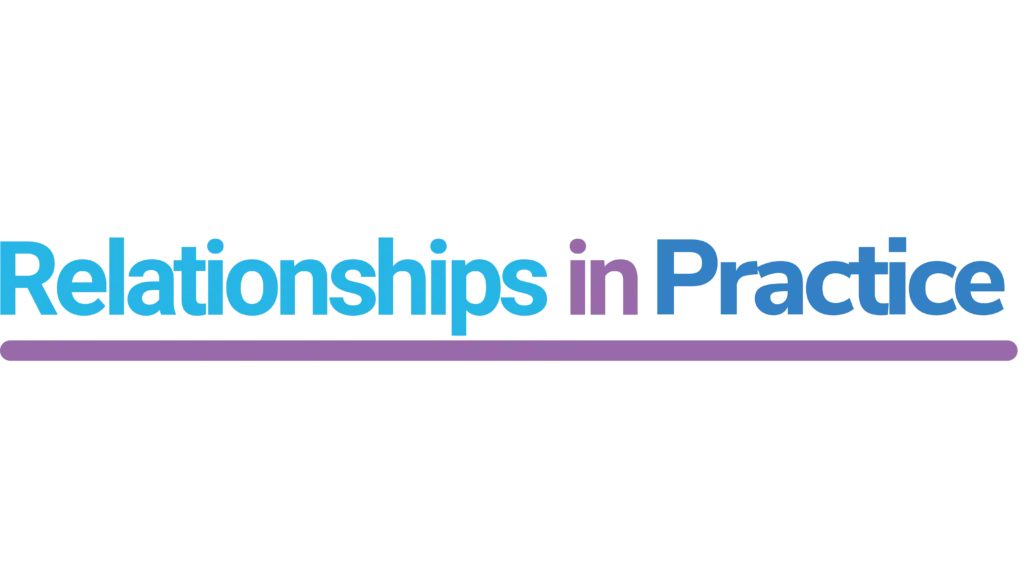
Our Aim is to support and promote Relationship-Centred Practice through evidence-based training and other Initiatives.
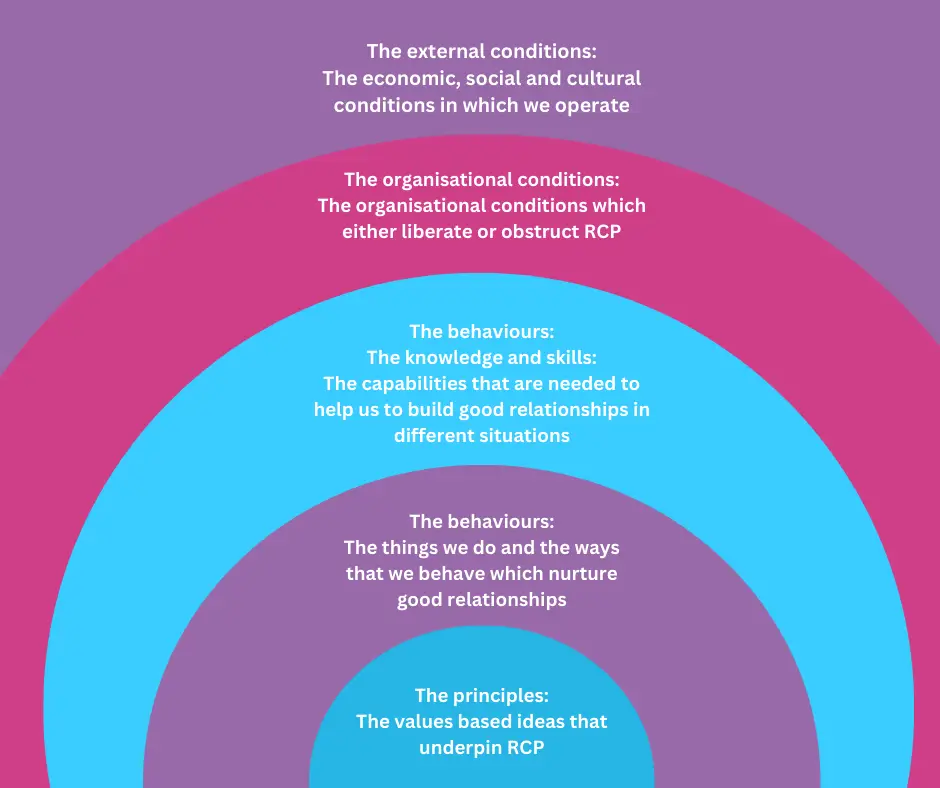
Principles, Behaviours, and Conditions for Relationship Centred Practice.
Diagram with permission from the Relationships Project Uk.
Our approach to Relationship-Centred Practice
Relationships in Practice recognises that the relationship between the client and the practitioner is at the heart of every intervention. Each such relationship has the potential to enhance the service itself at its core, and impact positively on health and wellbeing outcomes. Relationships in Practice aims to enhance practitioners’ capacity to be present and attuned in their interactions with clients, teams, and in the organisations they are part of.
We build practitioners’ understanding of how relationships are a key contributor to health and wellbeing and how they act as both risk and protective factors . Our training programmes provide the reflective space, tools, insights and evidence based information that support knowledge in the field of relationships in practice. The evidence-informed training courses develop practitioners’ self-awareness, interpersonal skills, insight and knowledge so that they can support and empower individuals and families and look after themselves.
What we do
Training
Our evidence-informed training programmes are all based on ABLE (Adopt a relational approach, Build and Boundary, Listen and Empower & End), a brief intervention model we developed to support quality relationships in frontline practice.
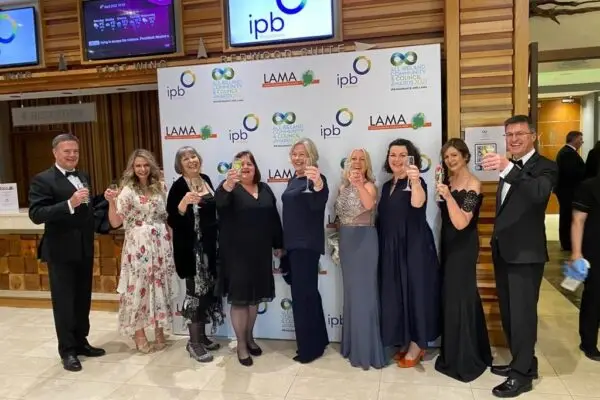
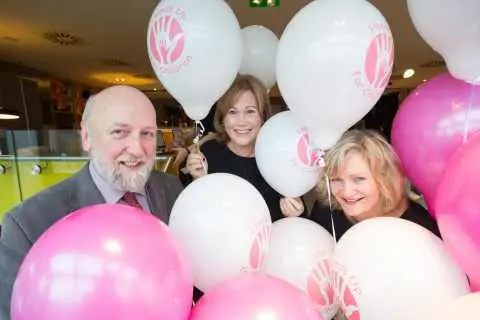
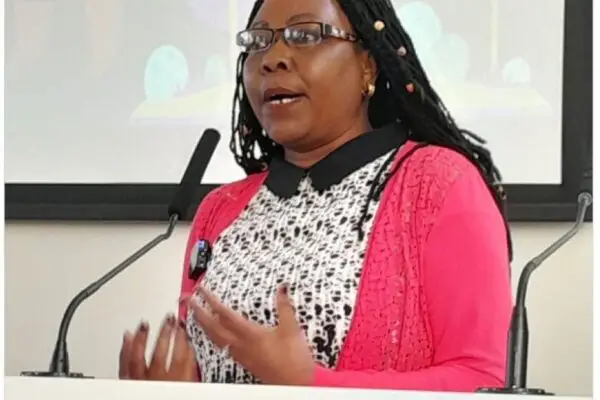
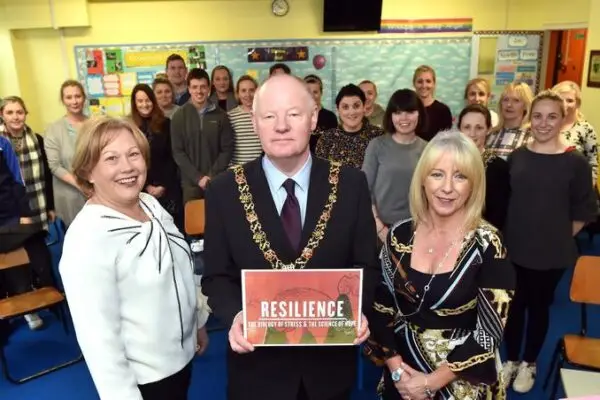
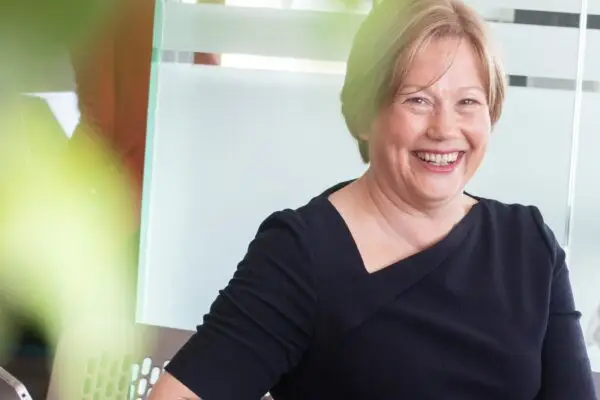
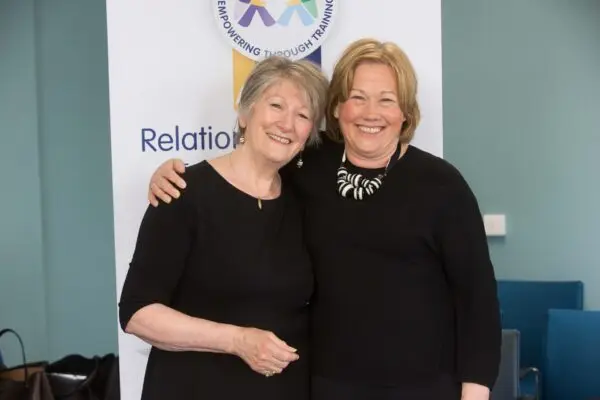
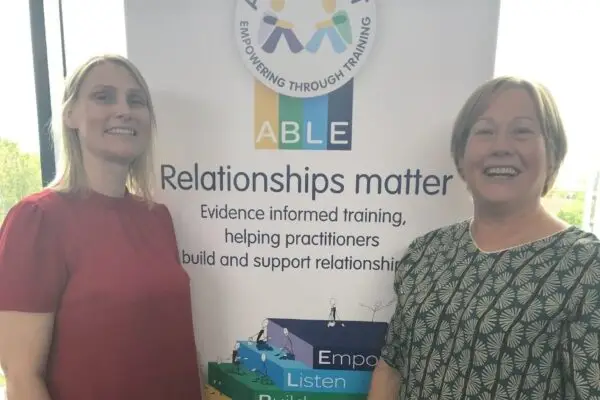
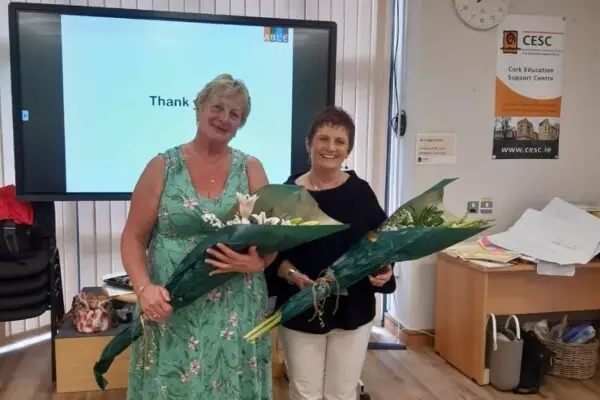
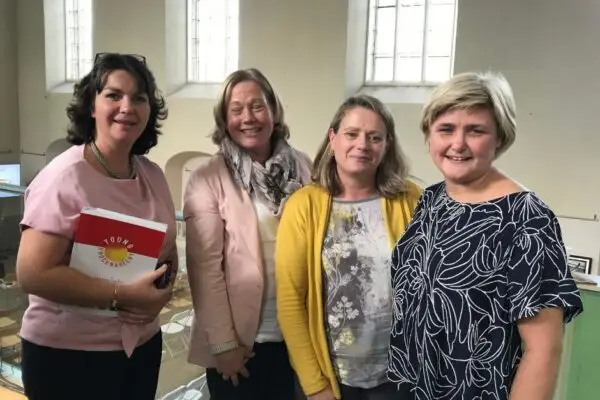
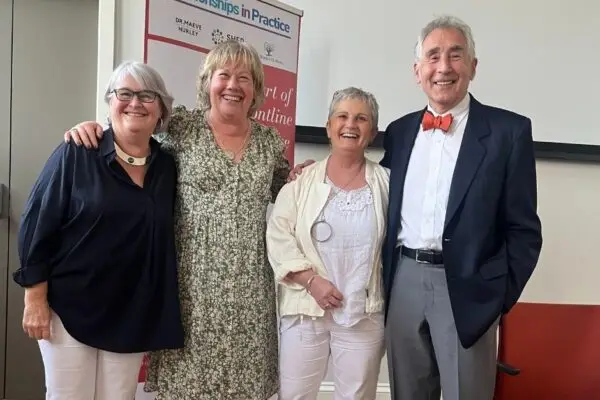
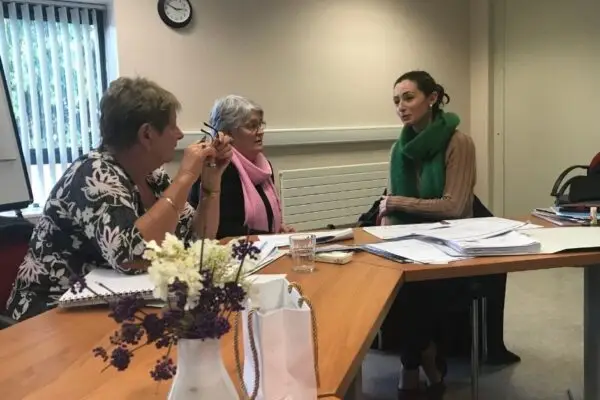
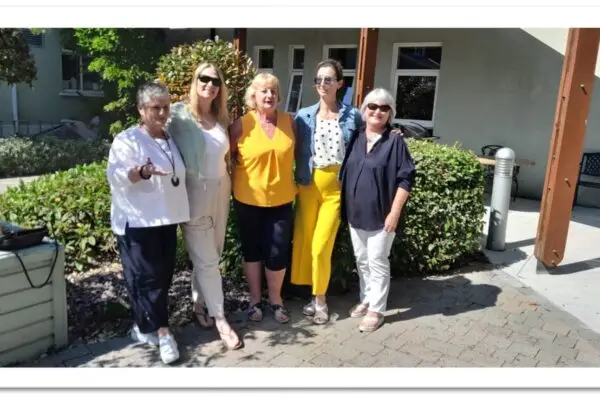
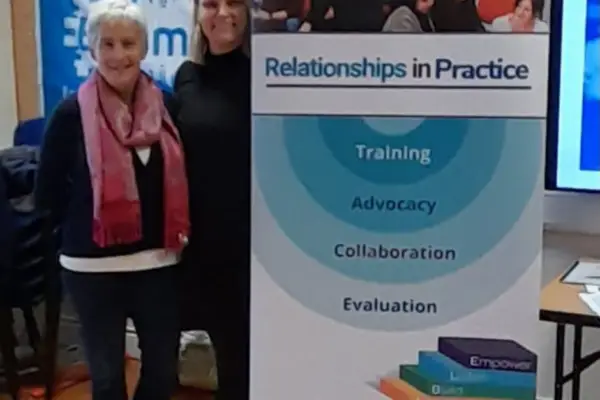
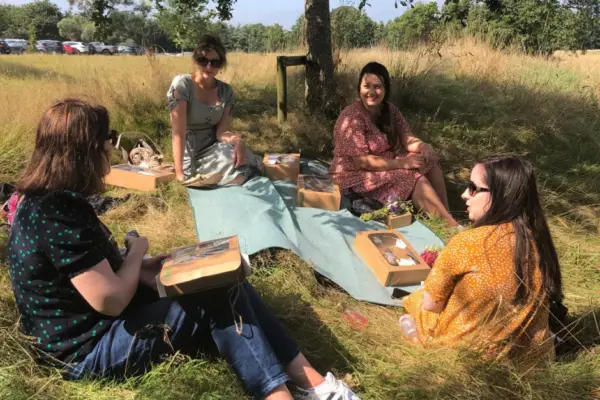
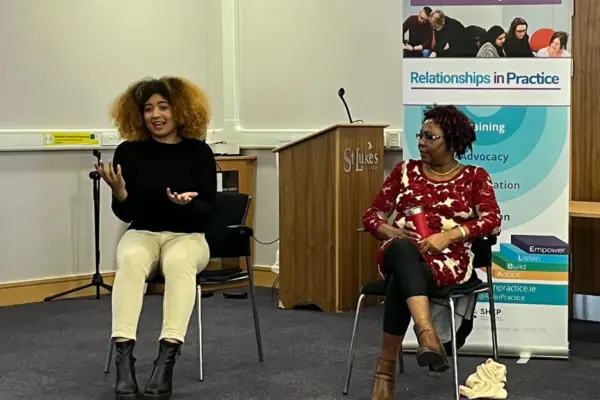
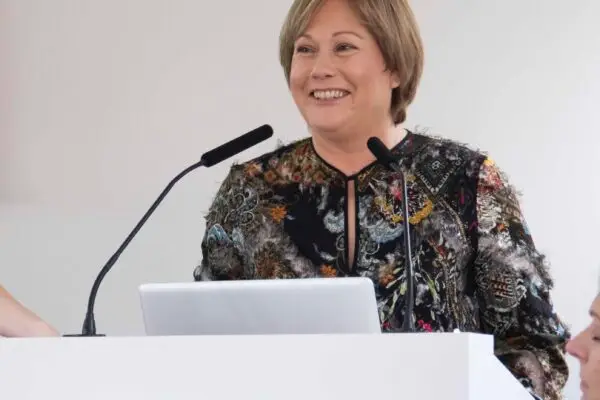
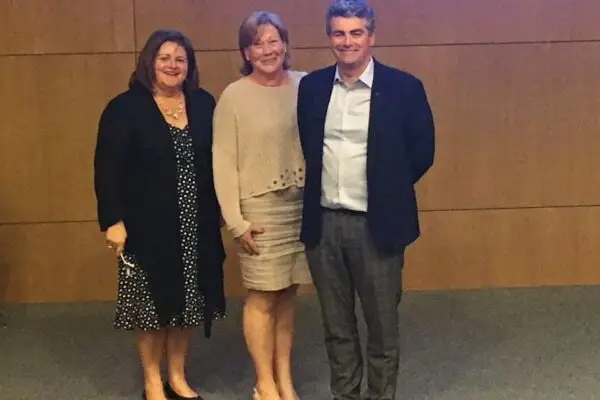
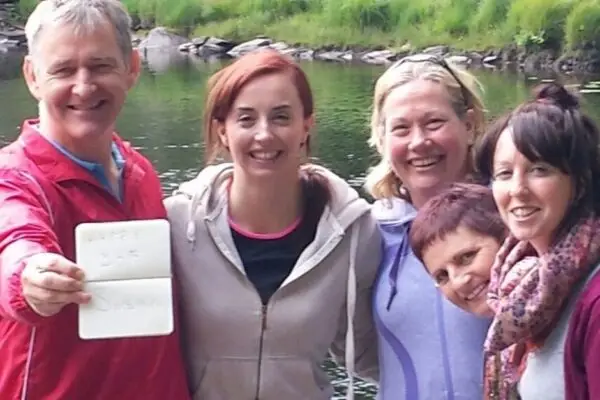

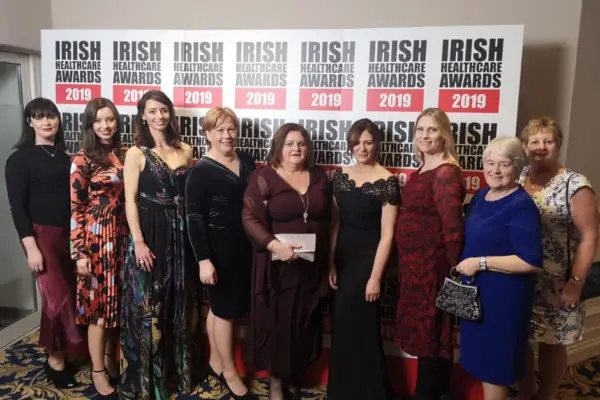
Relationships Matter
‘Relationships in Practice’ recognises that the relationship between the client and the practitioner is at the heart of every intervention. Each such relationship has the potential to enhance the service itself at its core and to impact positively on health and well-being outcomes.
By relating with empathy, sensitivity and understanding, frontline practitioners, such as GPs, public health nurses, early childcare professionals, teachers, social workers, and social care practitioners, are ideally placed to support individuals and families, particularly during times of change or transition.
We invite practitioners to join us in facilitated, experiential spaces to think about their role in relationships at work, to consider new ideas and evidence on what works best, and have the opportunity to integrate this knowledge base in an applied context so that they can begin to think critically about the role of quality relationships in workspaces.
Collaborating with community and voluntary organisations and colleges provides opportunities to increase awareness of topics such as relationships in childhood and their connection with adult development, family development, and relationships at community and societal level.
Working with knowledge and research about relationships is ever-changing, so the Relationships in Practice programme evaluates its work, considers the impact of providing training in this area and continues to reflect on its contribution in a systematic way. This includes clearly articulating aims and outcomes associated with our work and monitoring and evaluating feedback in collaboration with our stakeholders. We take a flexible and responsive approach to implementing changes in response to that feedback and to the changing nature of evidence-based research associated with relationships.
Dr Maeve Hurley
An interview by the Royal College of Physicians Ireland (RCPI) with Dr Maeve Hurley, founder of the Relationships in Practice programme, who talks about her interest in relational health and her journey to becoming a reflective practitioner.
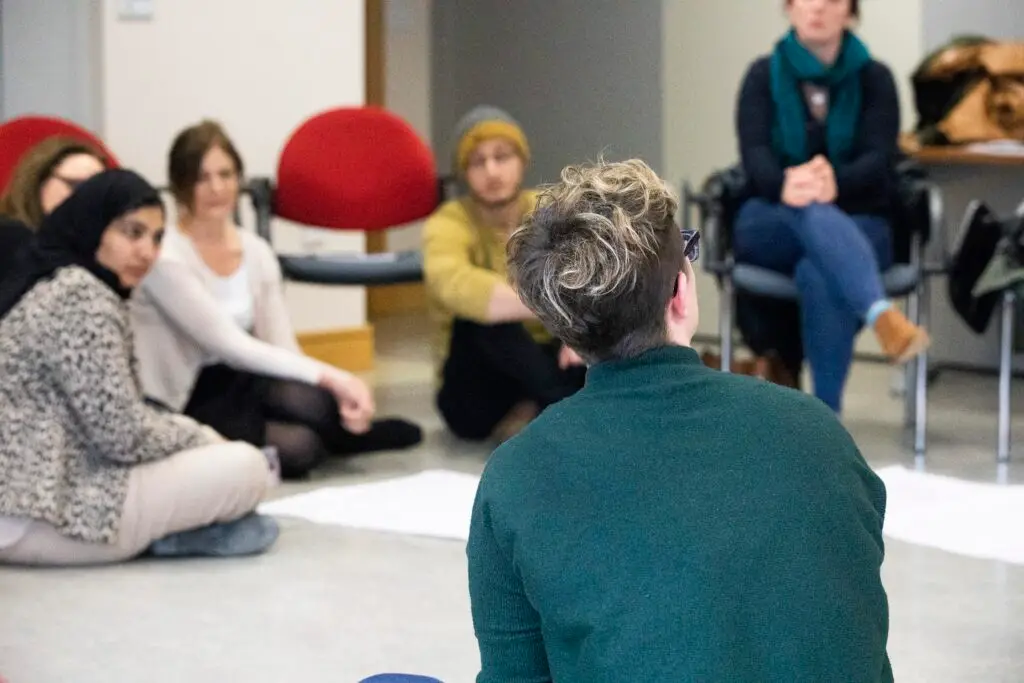
“ABLE training is like rewiring how to interact with people. Relationships, not commodities, are at the heart of our work, so soft skills like listening underpin everything we do.”
Ciara, frontline practitioner.
